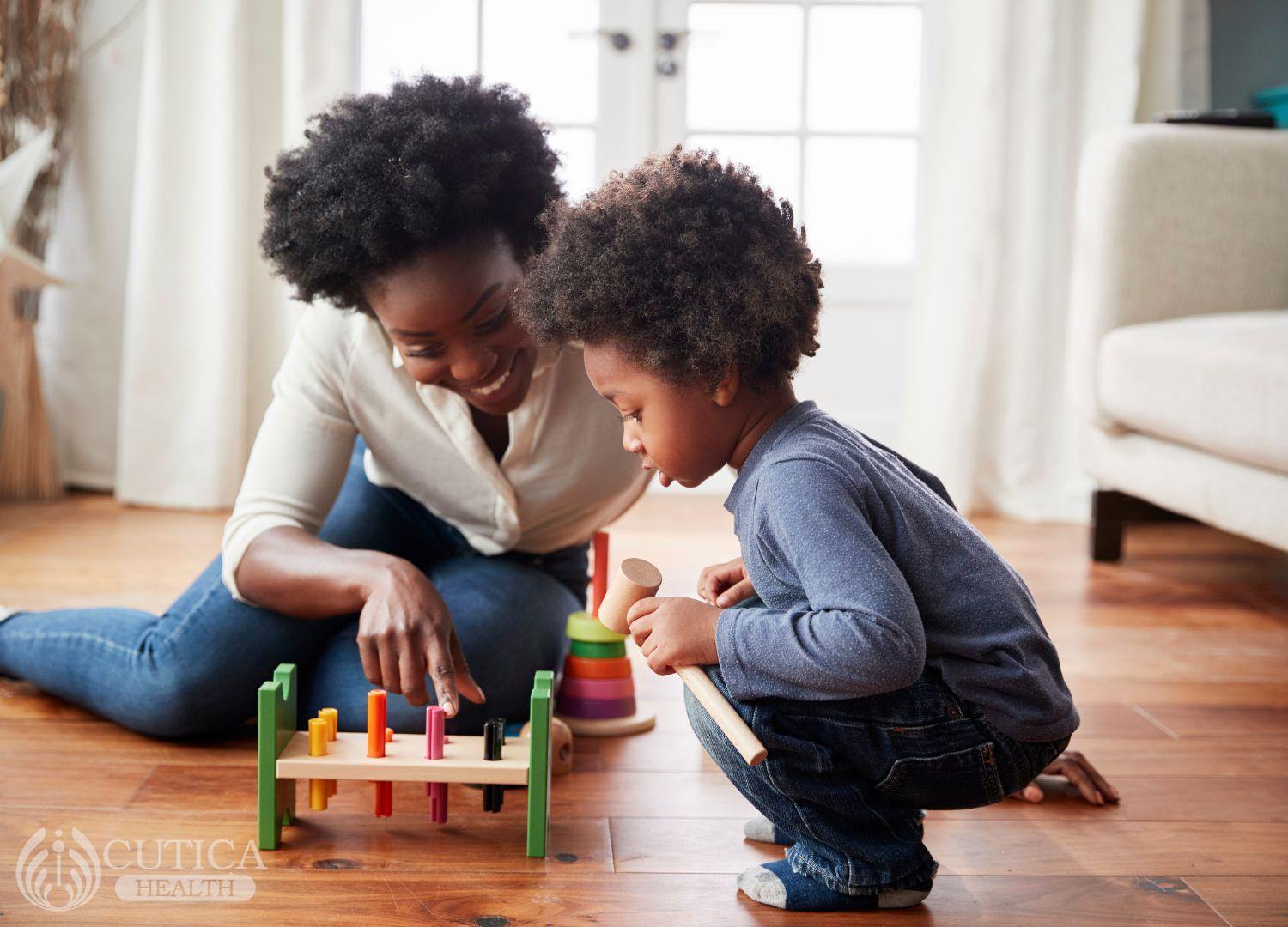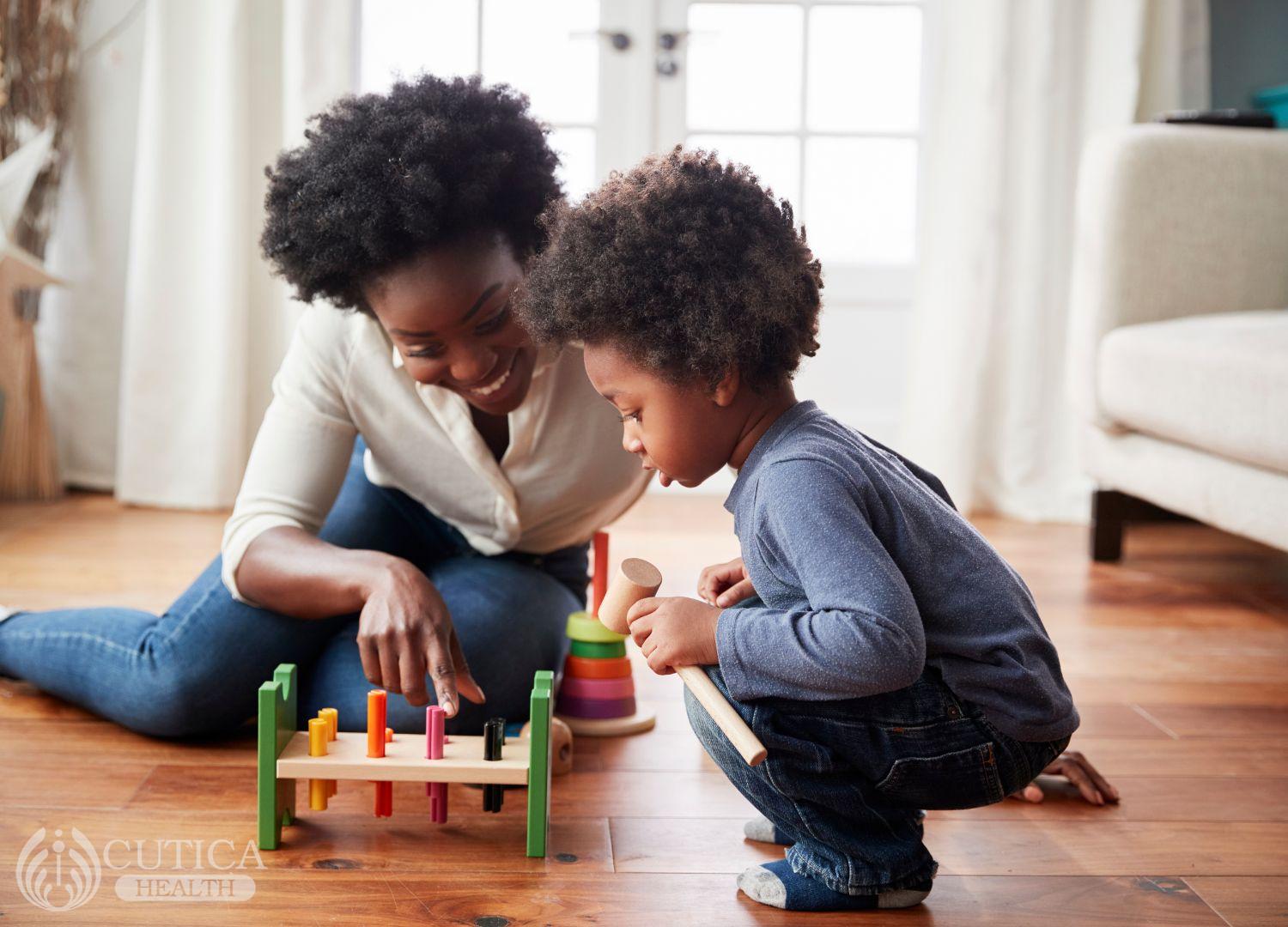Timmy wondered what could be the best activity for Jane and Joseph, his 5-year-old twin children. He was not conversant with what children liked today. He wanted something fun they would enjoy together but also wanted a beneficial activity for them. Family-friendly parks were not so common in the city of Ibadan except for one at the other end of the city. And he was not keen on driving for close to an hour to get there. But he believed a lot of other activities within his reach could be beneficial and fun. But what could he do with the twins?
Introduction
Engaging children in enriching activities is not only fun but also crucial for their overall development. From boosting cognitive skills to promoting physical fitness and fostering creativity, there are countless benefits to incorporating various activities into a child's routine. Here, we explore 10 beneficial activities that can help children learn, grow, and thrive.


What are these activities?
- Outdoor Play: Encouraging children to play outdoors provides numerous benefits, including fresh air, physical exercise, and sensory stimulation. Outdoor play helps improve motor skills, enhances social interactions, and promotes a connection with nature. Whether it's running, jumping, climbing, or simply exploring the natural environment, outdoor activities offer endless opportunities for adventure and discovery.
- Arts and Crafts: Artistic activities such as drawing, painting, and crafting allow children to express their creativity and imagination. Engaging in arts and crafts helps develop fine motor skills, hand-eye coordination, and concentration. Moreover, it fosters self-expression, boosts self-esteem, and encourages problem-solving as children experiment with different materials and techniques.
- Reading: Reading is fundamental for children's cognitive development and language skills. Whether it's picture books, storybooks, or educational materials, exposing children to reading from an early age promotes literacy, expands vocabulary, and stimulates imagination. Reading together with children also strengthens the parent-child bond and cultivates a love for learning.
- Music and Dance: Exploring music and dance can be both enjoyable and beneficial for children. Listening to music, playing instruments, or participating in dance classes helps develop auditory perception, rhythm, and coordination. Music and movement activities also provide opportunities for self-expression, emotional regulation, and social interaction, fostering a sense of joy and creativity.
- Sports and Physical Activities: Engaging in sports and physical activities is essential for children's physical health and well-being. Whether it's team sports like soccer and basketball or individual activities like swimming and cycling, regular exercise helps improve cardiovascular health, coordination, and strength. Sports also teach valuable lessons in teamwork, discipline, and sportsmanship.
- Nature Exploration: Exploring the natural world offers countless learning opportunities for children. Activities such as hiking, gardening, and wildlife observation foster a sense of wonder and appreciation for the environment. Nature exploration stimulates curiosity, encourages exploration, and promotes environmental awareness and conservation values.
- Educational Games and Puzzles: Playing educational games and solving puzzles is an engaging way to enhance children's cognitive skills and critical thinking abilities. Board games, puzzles, and educational apps provide opportunities for problem-solving, decision-making, and logical reasoning. These activities also promote memory retention, spatial awareness, and attention to detail.
- Cooking and Baking: Involving children in cooking and baking activities not only teaches practical life skills but also promotes healthy eating habits and nutrition awareness. Children can learn about food ingredients, measurements, and kitchen safety while actively participating in meal preparation. Cooking together as a family also creates opportunities for bonding and social interaction.
- Science Experiments: Encouraging children to conduct simple science experiments at home promotes curiosity, exploration, and hands-on learning. From making volcanoes with baking soda and vinegar to creating homemade slime, science experiments spark interest in the natural world and help children develop scientific inquiry skills. Experimenting also fosters problem-solving abilities and encourages a growth mindset.
- Role-Playing and Pretend Play: Role-playing and pretend play allows children to engage in imaginative scenarios, explore different roles, and develop social and emotional skills. Whether it's playing house, doctor, or superhero, imaginative play encourages creativity, empathy, and communication. Role-playing also helps children understand social roles and norms while building confidence and resilience.

Conclusion
Incorporating beneficial activities into children's daily routines is essential for their holistic development. Whether it's through outdoor play, artistic expression, reading, or physical exercise, children can learn and grow in various ways while having fun. By encouraging a diverse range of activities, parents and caregivers can support children's curiosity, creativity, and overall well-being, setting them up for success in life.

